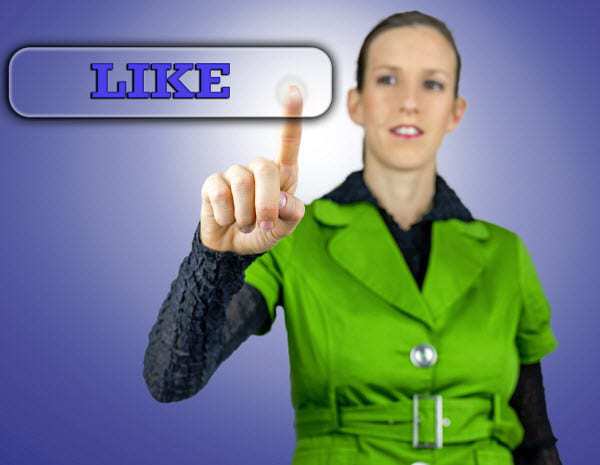Recent research has shown that emoji, “haha” and “hehe” have taken down the laughing short form.
Although LOL used to be an extremely popular way of expressing that a statement was considered to be very funny, when it comes to the latest social media trends, it looks as though the usage of that shorthand has dropped into near nothingness.
It should be noted that this research was specific to Facebook and did not include other social networks.
Moreover, research also did not take texts or messenger program communication into account. The study was conducted by Facebook, itself, which released a new report based on the use of certain popular terms. When it came to the use of the LOL term, only 1.9 percent of the platform’s users applied the term, and the majority of them were among the older members of the service. This represents a notable shift in social media trends, as the phrase had once been as popular there as it had been in other interactive locations.
The social media trends report indicated that LOL is being replaced by emoji, “hehe” and “haha”.
 The statistics in the report showed that over half of all Facebook users are expressing laughter by saying “haha” in their posts. “Hehe” is used by another 13 percent. About one third of all users don’t use typed words at all, preferring to express their emotional status with the use of smiley faces and other types of emoticon and emoji.
The statistics in the report showed that over half of all Facebook users are expressing laughter by saying “haha” in their posts. “Hehe” is used by another 13 percent. About one third of all users don’t use typed words at all, preferring to express their emotional status with the use of smiley faces and other types of emoticon and emoji.
There have been a few different suggestions put forward to help to explain why this once highly popular expression has fallen out of favor in Facebook posts. Among the leading explanations is its ambiguous definition. Certainly, it stands for “laugh out loud”, but its usage broadened from its literal meaning. While typing “LOL” could mean that the person was actually laughing, it could also simply mean that a comment was considered funny, that sarcasm was being expressed, or even that the individual was being dismissive. These explanations were offered by Psychology Today’s Marcia Eckerd.
Oddly, while “haha” can be used just as ambiguously, the social media trends show that it can be altered enough to express more detailed meaning. The simple “haha” can show that something is funny, but adding more of the syllable’s repetition can suggest a much larger amount of laughter, for example.
